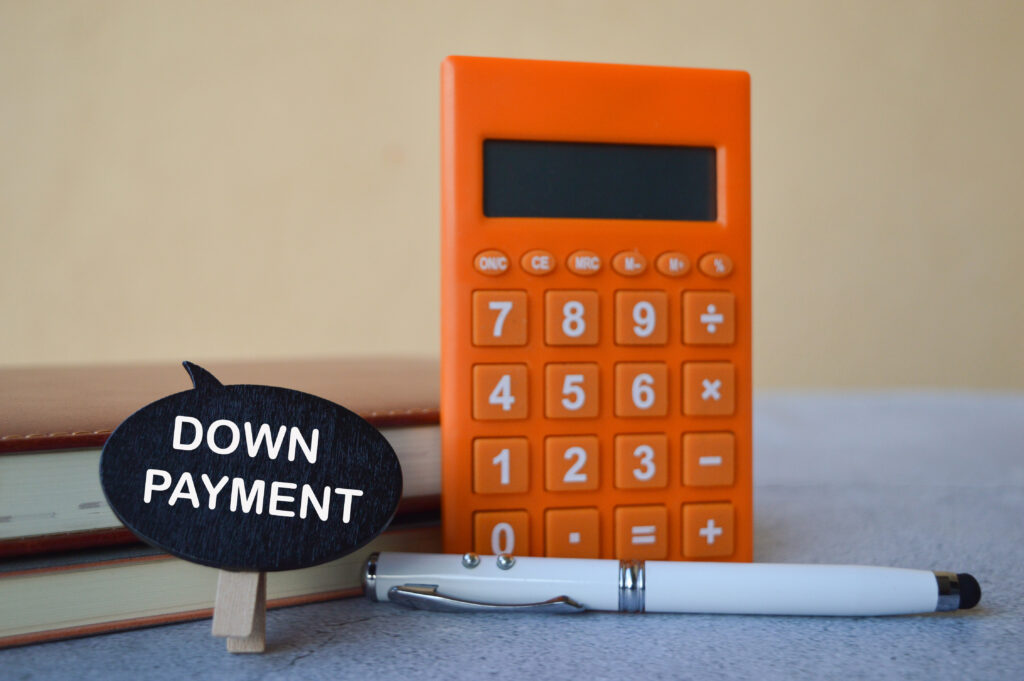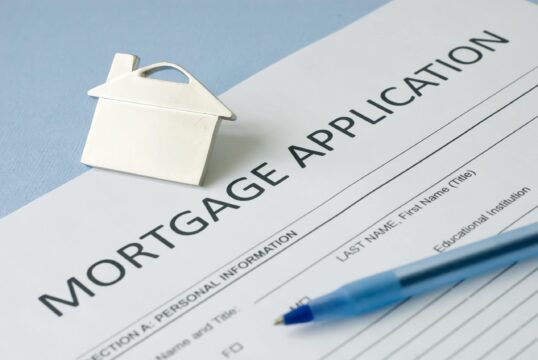Buying a house is a significant decision with a big price tag. Saving for a down payment is crucial, but does conventional wisdom about down payments hold? According to Rob Carrick of the Globe & Mail, the answer is “not always.” While the typical recommendation of a 20-percent down payment may be sound, there may be better options in a hot market. Waiting to save for a larger down payment could also be costly.
Despite the initial shock of Rob’s assessment, many individuals must prioritize planning their down payment when purchasing a home. It is crucial to have an open and honest discussion about this topic to fully understand the importance and long-term impact of a well-planned down payment. However, taking the time to consider and strategize thoroughly can significantly benefit one’s home buying power and the opportunity for growth in home equity. Here we’ll look at how planning your payment can be beneficial.
The Basics Of A Down Payment
When buying a new home, understanding the basics of a down payment is crucial. The down payment is the initial sum of money that you put up to secure your mortgage, while the lender covers the remaining costs. In Canada, the minimum required down payment is five percent of the purchase price, but there are additional rules to remember. For example, you must pay ten percent if your new home costs between $500,000 and $1,000,000. You will need at least 20% of the purchase price for homes over one million dollars.
In addition to the down payment and regular mortgage payments, they also want to ensure that borrowers have enough money for miscellaneous closing costs. These costs include legal fees, land transfer tax, PST on CMHC insurance premiums, property tax advance payments, and utility hookups. Lenders typically require an additional 1.5% of the purchase price to cover these expenses. However, it is important to note that closing costs may vary, especially for non-first-time buyers residing in Toronto. Despite the potential expenses, securing a mortgage with careful planning and financial preparation is still possible.
Is There A Problem With Saving For A 20% Down Payment?
For years, saving for a 20% down payment before buying a home has been considered sound advice. However, this approach may harm more than reasonable in specific bustling real estate markets like Toronto, Ottawa, and Vancouver. The rapid pace of home price appreciation in these areas means waiting to accumulate a sizeable down payment could cost buyers hundreds of thousands more for the same property. In markets like these, the better decision could be to forego the traditional approach and fast-track the purchase of your new home, potentially allowing you to take advantage of the market’s upward trajectory while avoiding unnecessary costs.
What Are Your Options If You Can’t Afford The Minimum Down Payment?
For many eager homebuyers, not having enough for a minimum down payment can be a major roadblock. Watching others build their home equity while feeling stuck on the sidelines can be frustrating. However, there is still hope. Despite recent changes to mortgage rules, buying a home with no down payment is still possible. The catch? Someone needs to come up with at least a 5% down payment, but it doesn’t have to be the borrower. While it may not be easy, home ownership can still be within reach with creativity and determination.
Borrow Your Down Payment
For those struggling to come up with a down payment for their dream home, borrowing the money may be an option. Mortgage agents and brokers can access lenders who offer Flex Down Payment mortgages, such as Canada Guaranty’s Flex 95 Advantage program. However, borrowers must proceed cautiously to ensure their newly acquired debt does not negatively impact their ability to qualify for a mortgage. If the borrowed funds come from revolving credit, lenders typically pay three percent of the outstanding balance monthly, regardless of other arrangements. So while borrowing a down payment may be a solution, it is important to consider the potential consequences carefully.
Warning! It is incredibly challenging to qualify under such programs, which can be discouraging for some. However, the key to success lies in the strength of one’s application. Having excellent credit, stable employment, and a healthy income can make all the difference in securing a mortgage without saving up for a down payment. Having a well-thought-out plan and attaching the proper documentation is also essential. Before attempting this route, consult an expert mortgage broker or agent to determine whether you meet all the necessary criteria.
A Gift
Many young people, hoping to avoid the high cost of home ownership, often seek monetary help from family members to make their first down payment. To ensure lenders accept funds, the money must be a pure gift, and both parties must sign a letter to confirm.
Organize Your Documents
A critical aspect is ensuring your financial documents are in order, specifically those related to your down payment. Lenders typically require verification of your down payment going back three months, which means you’ll need to provide documentation for all bank and investment accounts that contributed to it. Additionally, any large transactions that aren’t payroll-related must be explained and cross-referenced with further documentation. To make this process easier, it’s wise to consolidate your savings into one or two accounts before needing a mortgage. Doing so will save you time and potential stress down the road.
Although buying a home with no down payment is possible, it can be challenging. However, your homeownership goals can still be within reach with the right combination of planning, creativity, and determination. Make all necessary due diligence to ensure your application stands out and makes a positive impression on lenders. Doing so will help ensure that the path to homeownership remains open.



